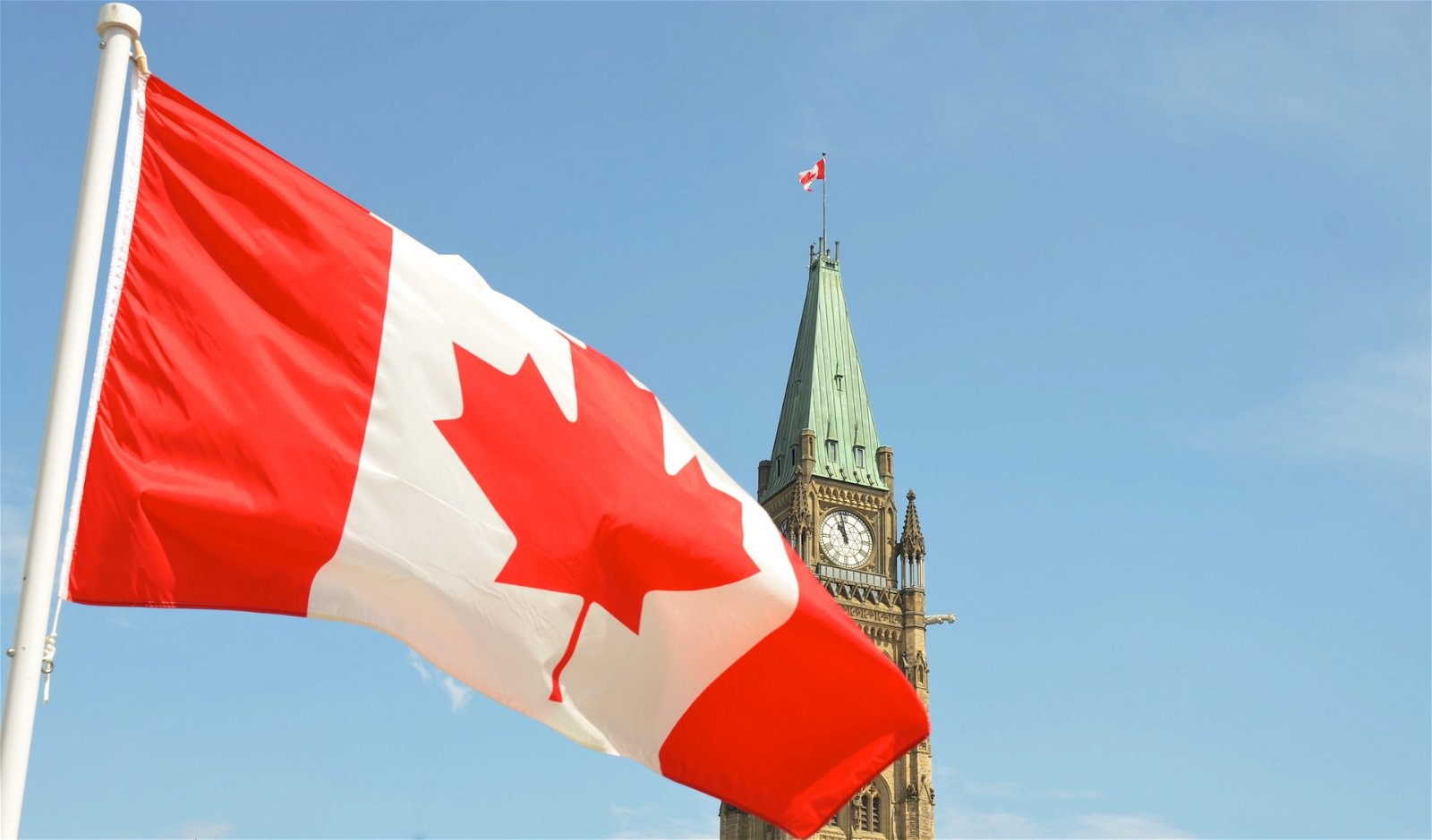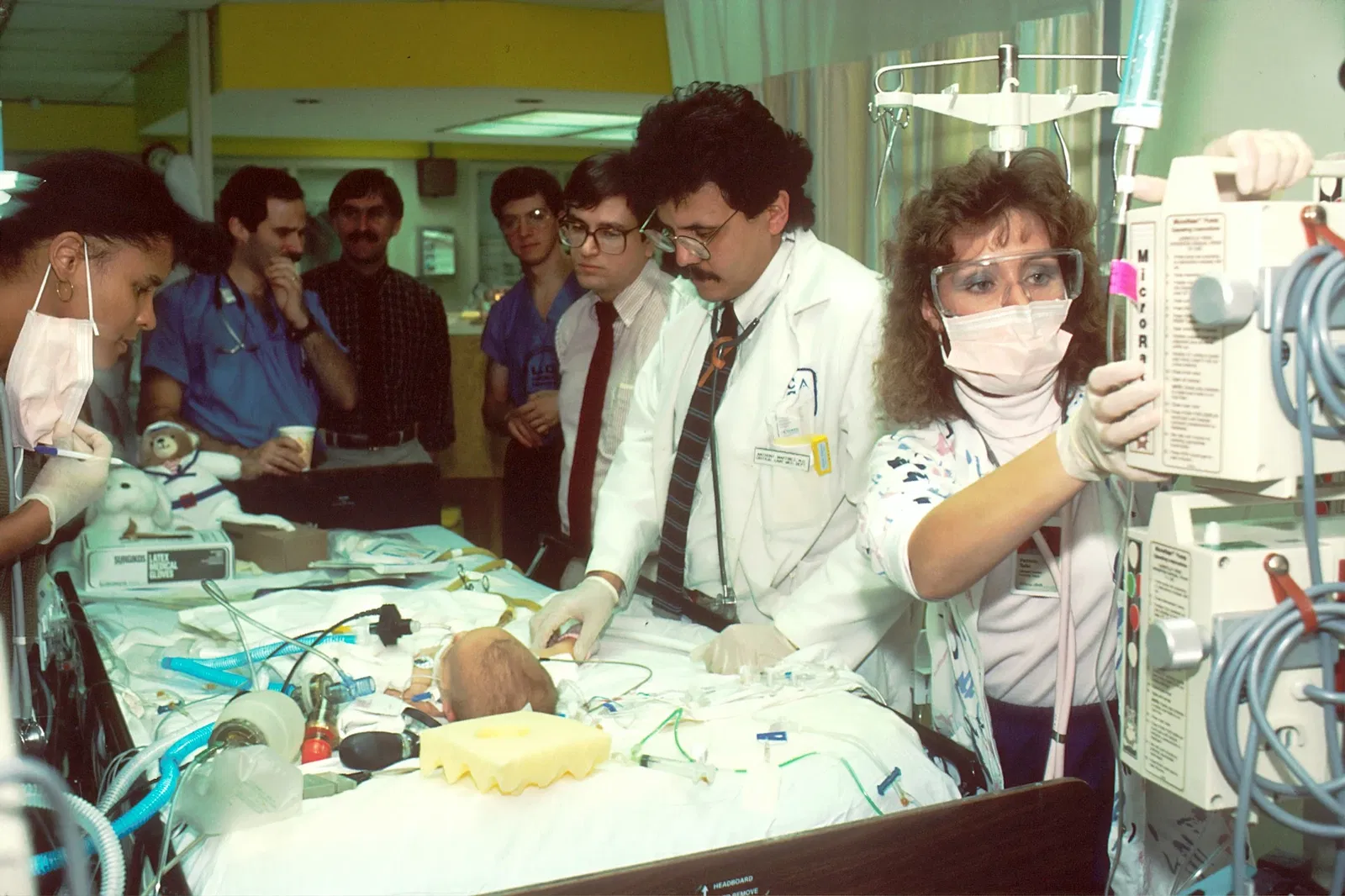
Canada Implemented Measures to Manage International Student Program Growth
Canada Implemented Measures to Manage International Student Program Growth
On the 5th of February, Refugees and Citizenship Canada provided additional details on reforms to the International Student Program (ISP). Acknowledging the valuable contributions of international students to Canada, the reforms aim to address unsustainable growth in the program, ensuring sustainable population growth, system integrity, and a positive experience for international students.
Things to consider:
1. Cap and Provincial Attestation Letter (PAL):
- Effective January 22, 2024, most new post-secondary international students at the college or undergraduate level must include a Provincial Attestation Letter (PAL) with their study permit application.
- IRCC will return applications without a Provincial Attestation Letter (PAL) unless exempted.
- The Provincial Attestation Letter (PAL) serves as proof that the student is accounted for under a provincial or territorial allocation within the national cap.
- Provinces and territories are required to have Provincial Attestation Letter (PAL) issuance plans by March 31, 2024.
- Collaboration with the Government of Quebec is ongoing to determine the role of certificate acceptation du Québec pour études as a Provincial Attestation Letter (PAL.
Who got Exemptions:
- Applications received before 8:30 a.m. ET on January 22, 2024, and those already approved for a study permit (with plans to travel to Canada for an upcoming program) are exempted from the cap and PAL requirements.
These measures aim to streamline the ISP, ensuring its sustainability and maintaining a positive experience for both international students and the Canadian community.
Who needs a Provincial Attestation letter?
Mention below are the student categories who need a Provincial Attestation letter:
- Mostly Post-Secondary Study Permit applicants.
- Mostly non-degree granting graduate programs (for example, certificate programs and graduate diplomas)
Who doesn’t need a provincial attestation letter?
Mentioned below are the students’ categories who are not needed to provide a Provincial Attestation letter:
• Students in primary and secondary schools
• Students plan to pursue master’s or doctoral degrees
• Individuals visiting or exchange programs
• Holders of in-Canada study permits and work permits (this includes those applying for a study permit extension)
• Family members residing in Canada of study permit or work permit holders
• Students who submitted their applications before 8:30 a.m. ET on January 22, 2024
PGWP after Master’s Degree a gateway for Canada Permanent Residence!
Students who have graduated under 2 2-year master’s degree programs or less than 2 years length from a designated learning institution will be eligible for 3 years Post Graduation Work Permit, this rule will come into effect starting 15th February 2024. The new 3-year-long PGWP was provided keeping international students in mind who are pursuing Masters in Canada and Can fulfil the labour market needs of Canada and smoothly transition to Canada PR.
Revisions in the Post Graduation Work Permit (PGWP) for Public and Private Partnership College Program
As per the Public and Private Partnership College Program, a student can physically attend a private college and later, he or she can graduate with a diploma from a public institution, some provinces allow the Public Colleges to sanction their curriculum to be implemented by an affiliated Private College.
This has caused concerns regarding qualitative education and the lack of sufficient student support. Hence, IRCC has made a change to restrict PGWP from these institutions in turn this might result in fewer students applying for the course.
Students who are already enrolled under this stream and meet all the other eligibility criteria will remain eligible while the new students will no more be eligible for PGWP under this program.
What are the changes in Spouse open work permit eligibility criteria?
- As per the recent announcement of IRCC spouses of International Students who are pursuing their Master’s Doctorate or professional degree-granting programs only.
- Spouses or Common-law partners of International Students who are looking forward to extending their work permit will be eligible to do so under this stream.
- Meanwhile, Spouses or Common law partners of any other level of study such as undergraduate or college programs arenot eligible for spouse open work permits any more.














